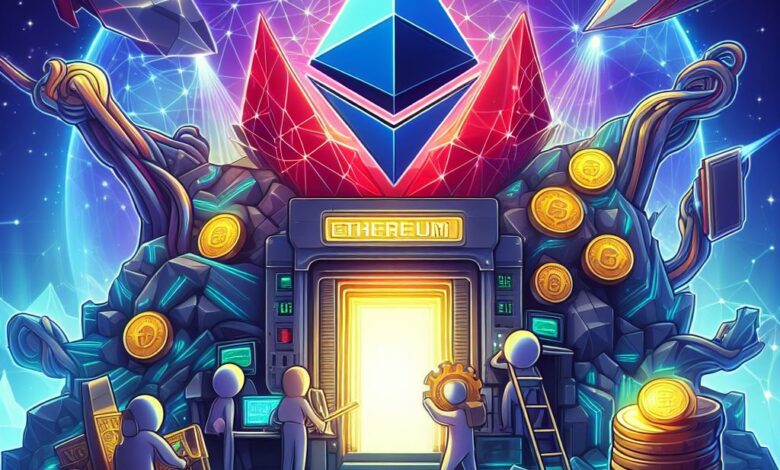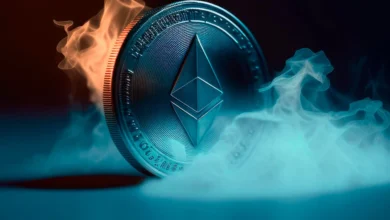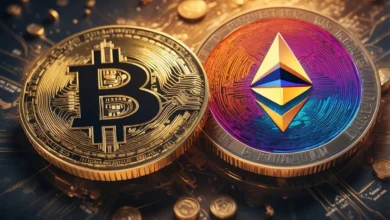Dencun Upgrade Officially Unveiled: Ethereum’s Evolution Continues”

The Dencun upgrade for Ethereum is now officially available on all test networks, paving the way for its activation on the mainnet on March 13, 2024. This upgrade introduces “protodanksharding” along with EIP-4844, aiming to reduce transaction costs on the Layer 2.
Following the Shapella upgrade, Dencun enhances Ethereum with new features such as fast-exiting data points and improvements across consensus and execution layers. The Ethereum Foundation has announced that the Dencun network upgrade is scheduled to go live on the Ethereum mainnet after a successful activation on all test networks. The upgrade, set to take place on March 13, 2024, at 13:55 UTC, requires contract operators and stakeholders to update their software. This comes after the Shapella upgrade and includes significant changes, such as the introduction of fast-exiting data points through EIP-4844, aimed at reducing L2 transaction fees. A live stream for the community will be available for those interested in following the event.
The upgrade incorporates changes to both the consensus and execution layers of Ethereum, detailed in EIP-7569. Core protocol changes include EIP-1153 (Cross-Chain Execution Codes), EIP-4788 (Beacon Block Root in EVM), EIP-4844 (Shard Blob Transactions), EIP-5656 (MCOPY – Memory Copy Instructions), EIP-6780 (SELFDESTRUCT Only in Same Transaction), EIP-7044 (Always Valid Signature Voluntary Location), EIP-7045 (Increase Maximum Embedding Authentication Slot), EIP-7514 (Add Maximum Time Changing), and EIP-7516 (BLOBBASEFEE Execution Code).
For changes in the consensus layer, specifications can be found in the Deneb folder within the ethereum/consensus specifications repository. Changes in the execution layer are elucidated in the associated EIPs, with Python specifications in progress in the ethereum/execution-specs repository. Additionally, Deneb requires modifications to the Engine API for communication between the consensus contract and the execution layer contract, detailed in the cancun.md file within the ethereum/execution-apis repository.
Read more The Evolving Landscape of Cryptocurrencies: A Comparative Analysis of Ethereum and Solana
Versions of clients supporting Dencun on the Ethereum mainnet have been listed, including Lighthouse, Lodestar, Nimbus, Prysm, Teku (consensus layer), Besu, Erigon, go-ethereum, Nethermind, and Reth (execution layer). The Ethereum Foundation cautions auditors about the risks of running the majority client and provides resources for client distribution and switch proofs.
For Ethereum or Ether holders, no action is required unless directed by their exchange or wallet provider. Node operators are advised to update their clients to the specified versions to ensure compatibility with the Dencun upgrade. Stakeholders are also recommended to update both the beacon node and health check client, with an option to practice the upgrade process on ephemery.dev.
Developers of applications and tools are encouraged to review the EIPs included in Dencun to understand potential impacts on their projects, especially noting EIPs affecting compatibility with previous versions before the Ethereum split post-Dencun.
Important Notice: Disclaimer Regarding Financial Advice
The information presented in this article is intended solely for informational purposes and should not be considered as financial advice. Coinshiba.online disclaims any responsibility for investment decisions made by individuals relying on the information provided herein. It is highly recommended to consult with a qualified professional or financial advisor before making any investment decisions. Your financial well-being is crucial, and seeking expert guidance ensures that your investment choices align with your individual financial goals and risk tolerance.




